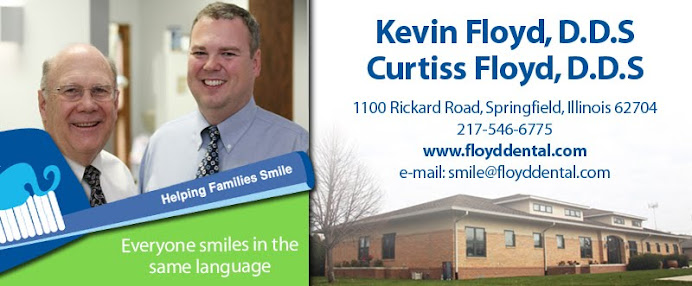Not a day goes by that our staff or myself isn't ask "What toothpaste should I use?". It seems we are all being constantly bombarded by advertisements to buy this or that toothpaste. Well, several factors need to be considered in selecting the most effective toothpaste for you. Just some of the issues to consider are:
1. Are cavities a problem - do I have a high decay rate?
2. Do my gums bleed - do I have periodontal disease?
3. Do I have bad breath - halitosis?
4. Can my teeth be whiter?
5. What if my teeth are sensitive?
6. What if am I allergic to a lot of ingredients?
7. What does it taste like?
8. And what about cost?
As you can see, no one toothpaste can meet all these critieria. So let's start with the basics. Remember Keyes's Circles from Part 1? Getting rid of the bugs is the most important thing for a healthy mouth. That means disrupting the plaque at least once every 24 hours. Toothbrushing is just one of the ways, and toothpaste is just one of the aids. Effective plaque removal doesn't require toothpaste. "Dry" brushing is an OK method if done properly.
Next would come "Home Remedies" : baking soda, salt, and peroxide. They are cheap and effective at killing the bacteria that cause dental disease. Just be cautious with excessive use of peroxide as some studies show a link with precancerous lesions.
After that comes commercial toothpastes. Here a balancing act is important for an "all around" good toothpaste; one that prevents cavities, isn't too abrasive to wear away enamel and cause sensitivy, tastes good, and will keep teeth from turning yellow. So, rather than giving you just one "best", I will let you pick from a list based on their RDA Index (abrasiveness). As you will see, most whitening pastes have a high RDA. That is how they whiten, by being abrasive - so beware! Also look for the ADA Seal of Acceptance as an additional check. But as a good, all around, general toothpaste, the Arm and Hammer line has some safe choices.
Then there are the special situations:
If cavities or a high decay rate is your issue, then a prescription strength fluoride toothpaste is what you should be using. We also recommend this for patients who have had a lot of dental work, especially crowns. It's like cheap insurance. It also comes in a version with a desensitizing agent.
If you already have some begining cavities we might recommend the newest paste with ACP. It can reverse the acid destruction on enamel. This is only available from your dentist.
If bad breath or gum problems are the main issue, we carry two - products in the office for that.
If you have dry mouth syndrome, there are toothpastes that help stimulate saliva flow.
For your kids that are learning to brush - use a toothpaste without fluoride but has xylitol as a sweetner and is bacteriostatic ( kills bugs).
Hopefully, you now can make an informed choice on the "best" toothpaste for you. We are always ready to discuss this with you and answer any questions. Remember, this is a fast changing field. Look for updates.
Tuesday, July 6, 2010
Subscribe to:
Posts (Atom)


